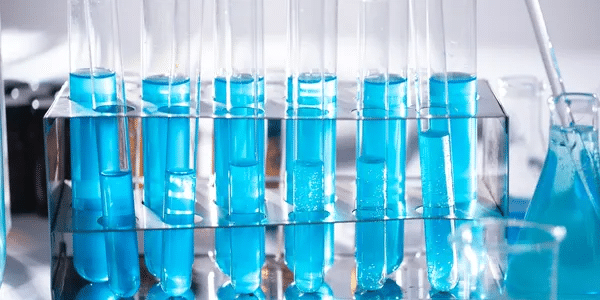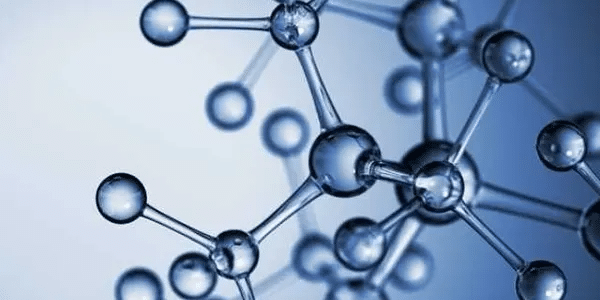Low-T Treatment In St. Louis, MO

Low-T Treatment In St. Louis, MO
Testosterone Replacement Therapy (TRT)
Low testosterone is attributed to cardiovascular diseases, metabolic diseases, insulin resistance, obesity, and muscle wasting. Low testosterone is also implicated in anxiety disorder, depression, and apathy (indifferent or lacking emotion).
Low Testosterone
Testosterone Replacement Therapy (TRT)
Low testosterone is attributed to cardiovascular diseases, metabolic diseases, insulin resistance, obesity, and muscle wasting. Low testosterone is also implicated in anxiety disorder, depression, and apathy (indifferent or lacking emotion).
What To Expect

Step 1: Consultation
Initial consultations for our services are completed virtually or over the phone so you can get started anytime, anywhere. Initial consultations for our services are completed virtually or over the phone so you can get started anytime, anywhere. Our promise is that we’ll be there, as questions or issues arise, every step of the way.

Step 2: Labs & Physical
An extensive lab work-up is completed before we start treatment. Results are discussed in office along with a comprehensive physical exam to determine your treatment. During the visit, we’ll also educate you on proper injection techniques.

Step 3: Treatment
No two people are alike and neither are our treatment plans. Treatment plans are tailored to your specific needs based on your concerns, labs, and physical exam

Start Your Reclaim Journey
3-EASY STEPS
Prepay for Lab Panel.
Have labs drawn at LabCorp.
Follow up in person at the office to start your treatment once the lab results are complete.
Prepay for Lab Panel.
Have labs drawn at LabCorp.
Follow up in person at the office to start your treatment once the lab results are complete.
FAQ'S
The most common symptoms of low testosterone include:
- Decreased libido/sex drive
- Erectile dysfunction (impotence)
- Low energy throughout the day
- Loss of muscle mass and strength
- Increase in body fat
- General depression
- Small or shrinking testes
- Poor concentration (brain fog)
- Infertility
- Low red blood cell count (anemia)
- Brittle bones and general weakness
- Hair loss (particularly body hair)
- Sleep apnea (or other sleep disorders)
Testosterone replacement therapy (TRT) is a unique type of hormone replacement therapy designed to restore healthy testosterone levels in someone who suffers from low T. TRT is actually quite similar to the use of insulin in type-I diabetics; the body is lacking endogenous production of a necessary hormone, so it needs to be “replaced” with an exogenous source.
TRT can benefit individuals with low T in many ways, it’s just a matter of giving the testosterone time to restore balance (i.e., homeostasis) in the body.If you’re just beginning TRT, don’t get too far ahead of yourself; the benefits of TRT will not happen immediately. This is not to say you won’t notice improvements in the short-term, but rather that TRT is not a “quick-fix” like some people believe it to be.However, TRT has a high success rate in males with low T and is a practical long-term solution to an otherwise debilitating endocrine dysfunction.The short-term benefits of TRT may include:
- Heightened libido/sex drive
- Better erectile quality
- Improvement in energy levels and cognitive function
- More vitality, motivation, and confidence throughout the day
- Healthier appetite regulation
- Improved sleep quality
- More efficient muscle growth (as part of a diligent weight training regimen)
- Enhanced recovery after exercising
- Fuller facial hair growth
- Better bone and joint health
- Increase in red blood cell production
- Improved immune function





